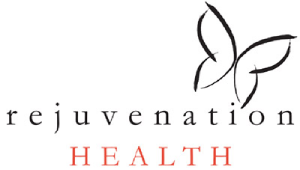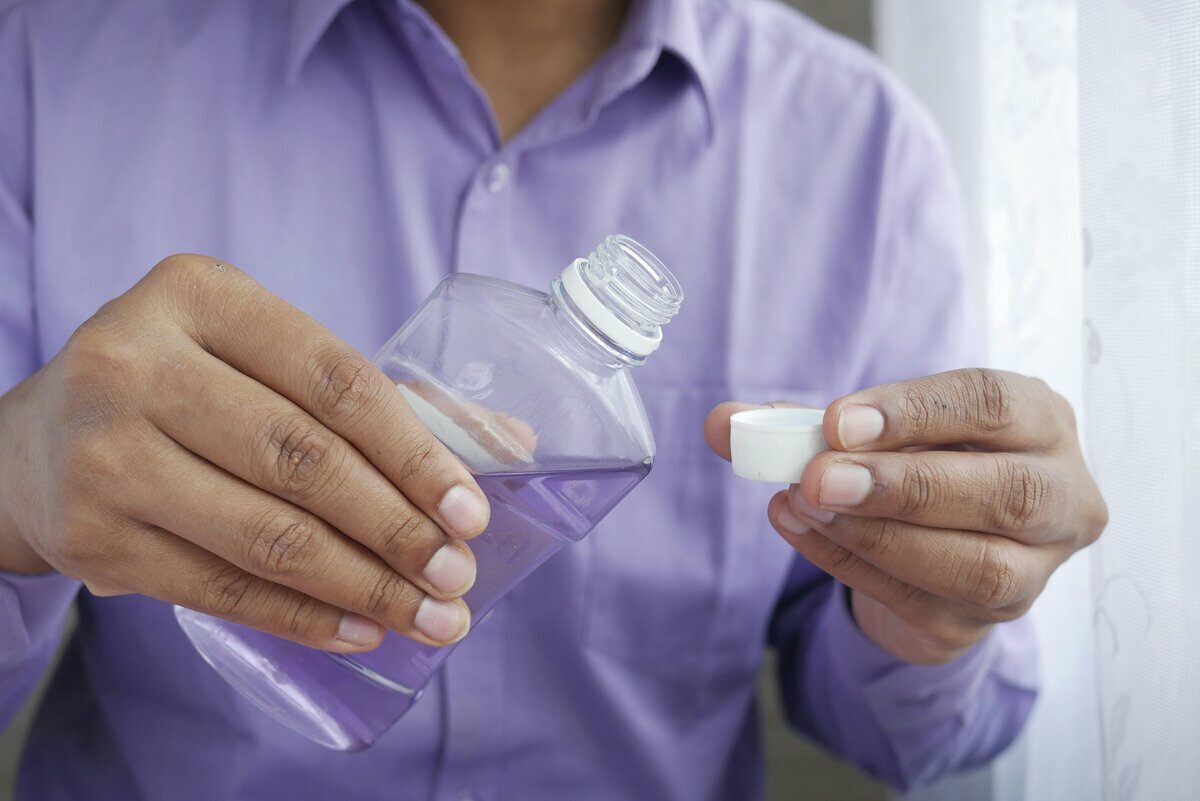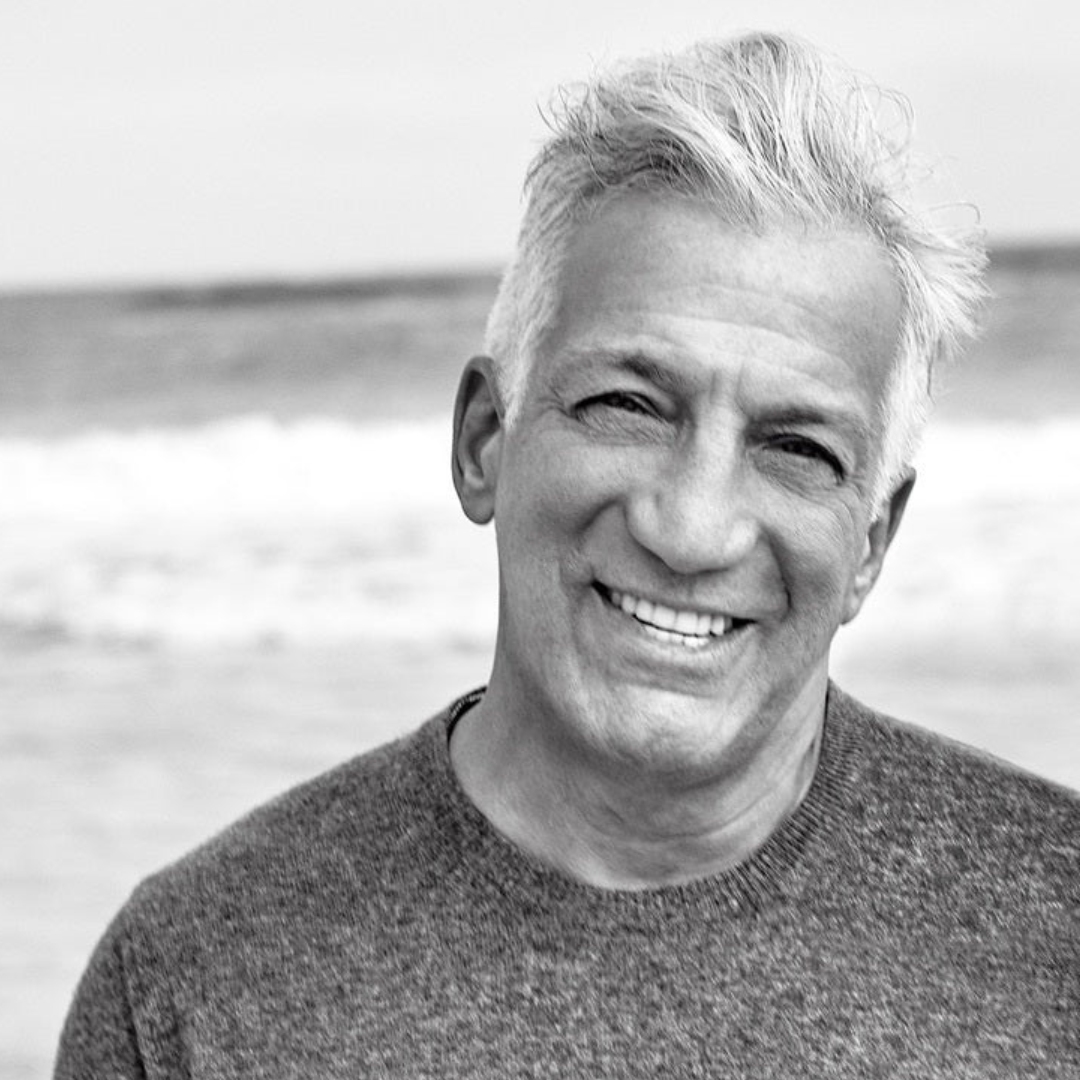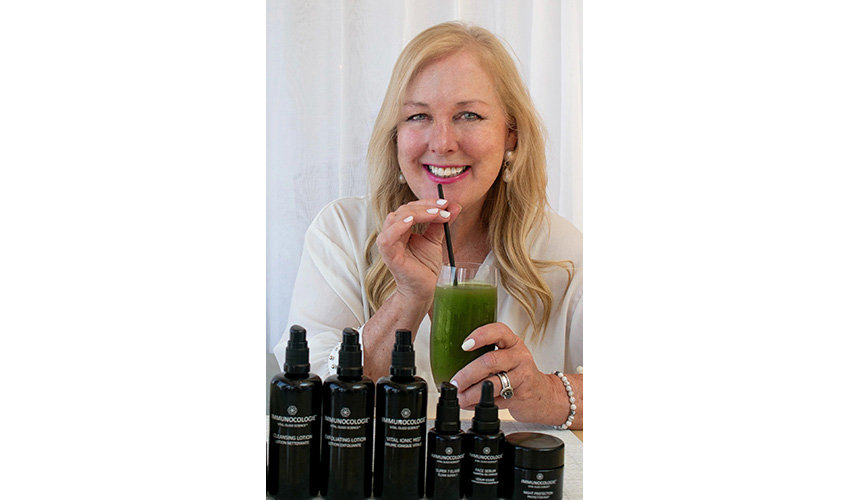If you’re like many Americans, you probably have a large bottle of blue or green mouthwash in your bathroom. You probably use it as directed by your dentist to kill bacteria and freshen your breath. But is killing bacteria in your mouth really a good thing? And are there downsides to regular mouthwash use?
As we’ve uncovered more about the importance of the oral microbiome, it’s raised more questions about mouthwash and health. Keep reading to learn more about:
- Reasons mouthwash is recommended, such as combating gingivitisand halitosis
- Reasons mouthwash may harm health
- Mouthwash and the microbiome
- Mouthwash and high blood pressure; the nitric oxide and blood pressure connection
- Mouthwash alternatives for a healthy microbiome, including oil pulling.
Is mouthwash bad for you? Let’s dive in!
Why Conventional Dentists Recommend Mouthwash
Poor oral health is a risk factor for both oral and systemic diseases, like heart disease. Good oral hygiene and home care, including regular brushing and flossing, are necessary for maintaining oral health.
As scientists have linked undesirable bacteria with disease, the use of mouthwashes has risen with the primary purpose of killing bacteria.
Mouthwashes contain active ingredients to kill bacteria. Some examples are:
- Chlorhexidine mouthwash
- Hydrogen peroxide mouthwash
- Natural mouthwashwith antibacterial herbs and essential oils
Reduce Gingivitis, Gum Disease
Gingivitis (inflammation of the gums) or periodontitis (gum disease) are common issues that may lead to systemic inflammation and an increased risk for heart disease. Conventional dentistry disregards the oral microbiome, recommending mouthwash to kill unwanted bacteria. However, just as antibiotics kill beneficial bacteria along with pathogens, so does mouthwash. Mouthwash significantly disrupts the oral microbiome.
Prevent Halitosis, Bad Breath
Halitosis (bad breath) is another common oral health complaint concerning bacterial balance in the mouth. Many people turn to mouthwash for its breath-freshening effects, but over time mouthwash changes the oral microbiome and can actually make bad breath worse.
Why Mouthwash May Be Bad for Your Health
Despite how common it is for some dentists to recommend it, there are downsides to mouthwash use. Mouthwashes may contain antibacterial agents, artificial flavor, alcohol, artificial coloring, sodium lauryl sulfate (SLS), and others that may cause irritation and side effects. Possible side effects from mouthwash include:
- Mouth irritation and sores
- Dry mouth
- Taste changes
Further, mouthwashes change the oral microbiome balance, affecting oral health and whole-body health.
Importance of Your Oral Microbiome
The oral microbiome is all the bacteria and other microorganisms that colonize the oral cavity; it includes over 700 species, each with its unique role and function. The oral microbiome helps protect the body from disease by maintaining balance.
Read more about the oral microbiome in the article Understanding the Oral Microbiome: The Gateway to Whole-Body Health.
Effects of Antiseptic Mouthwash on Oral Microbiome
All antibacterial, antiseptic mouthwashes, including alcohol-free or natural ones, kill bacteria in the mouth. They don’t discriminate, and while they kill problematic bacteria, they also kill beneficial bacteria, causing dysbiosis (a microbiome imbalance).
With smaller populations of beneficial bacteria, the oral microbiome can’t defend the body, and unwanted bacteria may proliferate. Researchers continue to establish the importance of the oral microbiome in health and disease.
Does Mouthwash Raise Blood Pressure?
Antibacterial mouthwash may have further downstream effects beyond the oral cavity. The connection between mouthwash and high blood pressure is a prime example.
Does mouthwash raise blood pressure? The evidence points towards yes. Frequent use of over-the-counter mouthwash is associated with an increased risk of hypertension (high blood pressure). In one study, those who used mouthwash twice daily had a higher incidence of elevated blood pressure compared to people who didn’t use mouthwash at all.
Nitric Oxide and Blood Pressure
We can explain the connection between blood pressure and mouthwash by an important molecule: nitric oxide. The body makes this molecule to help relax the smooth muscles that line the blood vessels to widen the vessels, improving blood flow and circulation.
People with low nitric oxide often ask how to increase nitric oxide but may also need to look at what’s lowering the levels.
How Mouthwash May Lower Nitric Oxide
The oral microbiome plays a vital role in modulating nitric oxide levels. Beneficial bacteria in the mouth start the process of nitric oxide production. Mouthwashes disrupt the oral microbiome composition and function of the nitric oxide-producing bacteria. Mouthwash lowers nitric oxide synthesis, which has systemic, body-wide effects and contributes to high blood pressure.
Healthy Alternatives to Antiseptic Mouthwash
In my biological density practice, I get a lot of questions about mouthwash, including:
- Is there a mouthwash that doesn’t raise blood pressure?
- What’s the best mouthwash for the oral microbiome?
- What’s the best mouthwash for gums?
- Is there a good mouthwash for halitosis?
As much as I’d love to offer a quick-fix solution, balancing the microbiome requires a multi-prong approach. However, improving the oral microbiome will support healthy gums, reduce bad breath, and support healthy nitric oxide production.
Some top suggestions to address the root causes of oral microbiome imbalance are:
- Brushing and flossing daily
- Brushing the tongue
- Choosing Revitin, a microbiome-supportive toothpaste
- Working with a biological, functional medicine dentist at Rejuvenation Health for oral microbiome testing and a personalized treatment plan that may include nutrition, oral probiotics, and other interventions
Additionally, oil pulling may be a helpful strategy to employ as a mouthwash alternative.
Oil Pulling
Oil pulling is a simple remedy from Ayurvedic medicine that supports oral hygiene. Instead of mouthwash, put a spoonful of coconut oil in your mouth and swish it around, pulling it through the teeth. (Be sure to spit the oil into the trash can instead of the sink so it doesn’t clog your plumbing.)
Coconut oil is gently antimicrobial and acts like a soap, reducing plaque. It can decrease inflammation and gingivitis in the mouth and promote good breath without the downsides of antibacterial mouthwashes. Oil pulling is safe to try, along with your other oral care strategies.
If there were a perfect mouthwash, it would balance the microbiome instead of killing bacteria. In most cases, you may not need a mouthwash. Instead, focus on supporting oral health by improving the oral microbiome with healthy habits and support from Rejuvenation Health.
References
- Tartaglia, G. M., Kumar, S., Fornari, C. D., Corti, E., & Connelly, S. T. (2017). Mouthwashes in the 21stcentury: a narrative review about active molecules and effectiveness on the periodontal outcomes.Expert opinion on drug delivery, 14(8), 973–982.
- Tartaglia, G. M., Tadakamadla, S. K., Connelly, S. T., Sforza, C., & Martín, C. (2019). Adverse events associated with home use of mouthrinses: a systematic review.Therapeutic advances in drug safety, 10, 2042098619854881.
- Brookes, Z., Teoh, L., Cieplik, F., & Kumar, P. (2023). Mouthwash Effects on the Oral Microbiome: Are They Good, Bad, or Balanced?.International dental journal, 73 Suppl 2(Suppl 2), S74–S81.
- Joshipura, K., Muñoz-Torres, F., Fernández-Santiago, J., Patel, R. P., & Lopez-Candales, A. (2020). Over-the-counter mouthwash use, nitric oxide and hypertension risk.Blood pressure, 29(2), 103–112.
- Shanbhag V. K. (2016). Oil pulling for maintaining oral hygiene – A review.Journal of traditional and complementary medicine, 7(1), 106–109.




